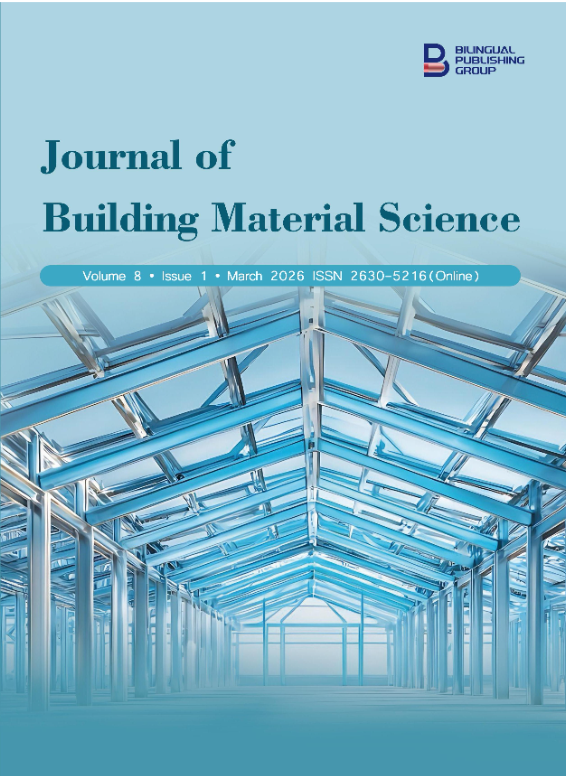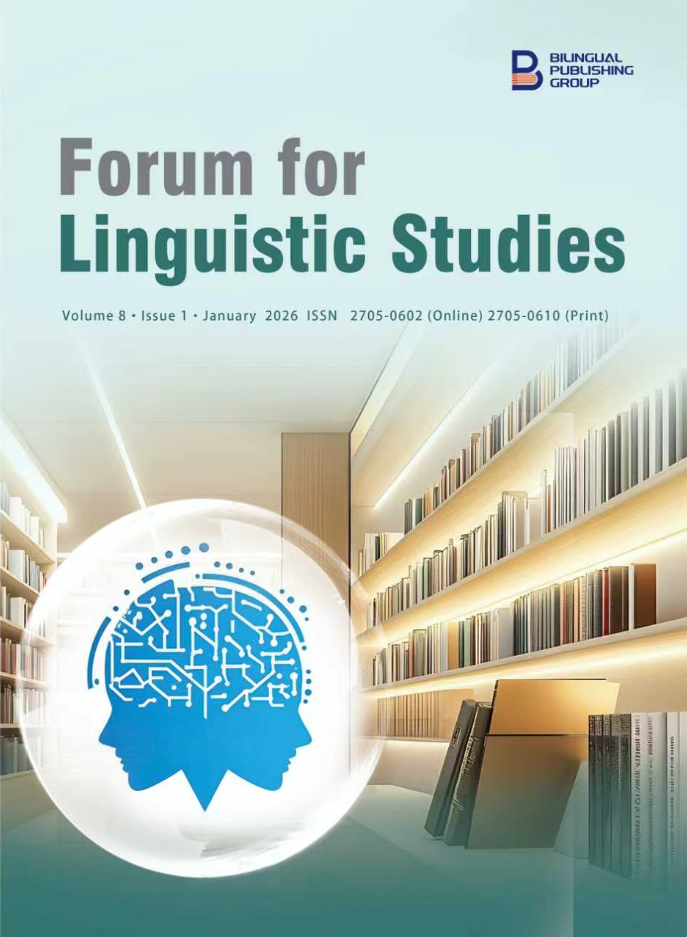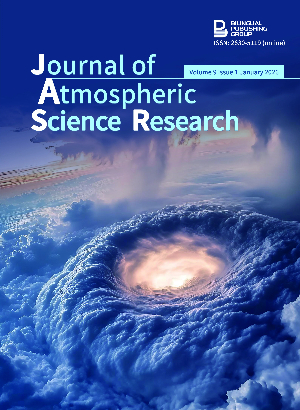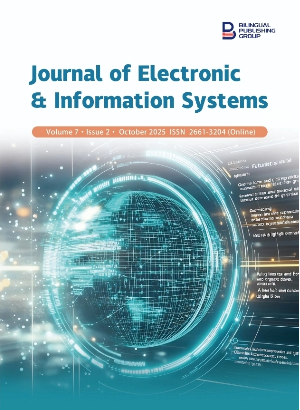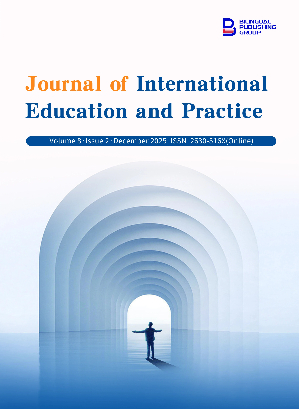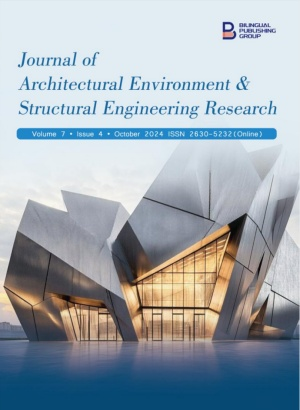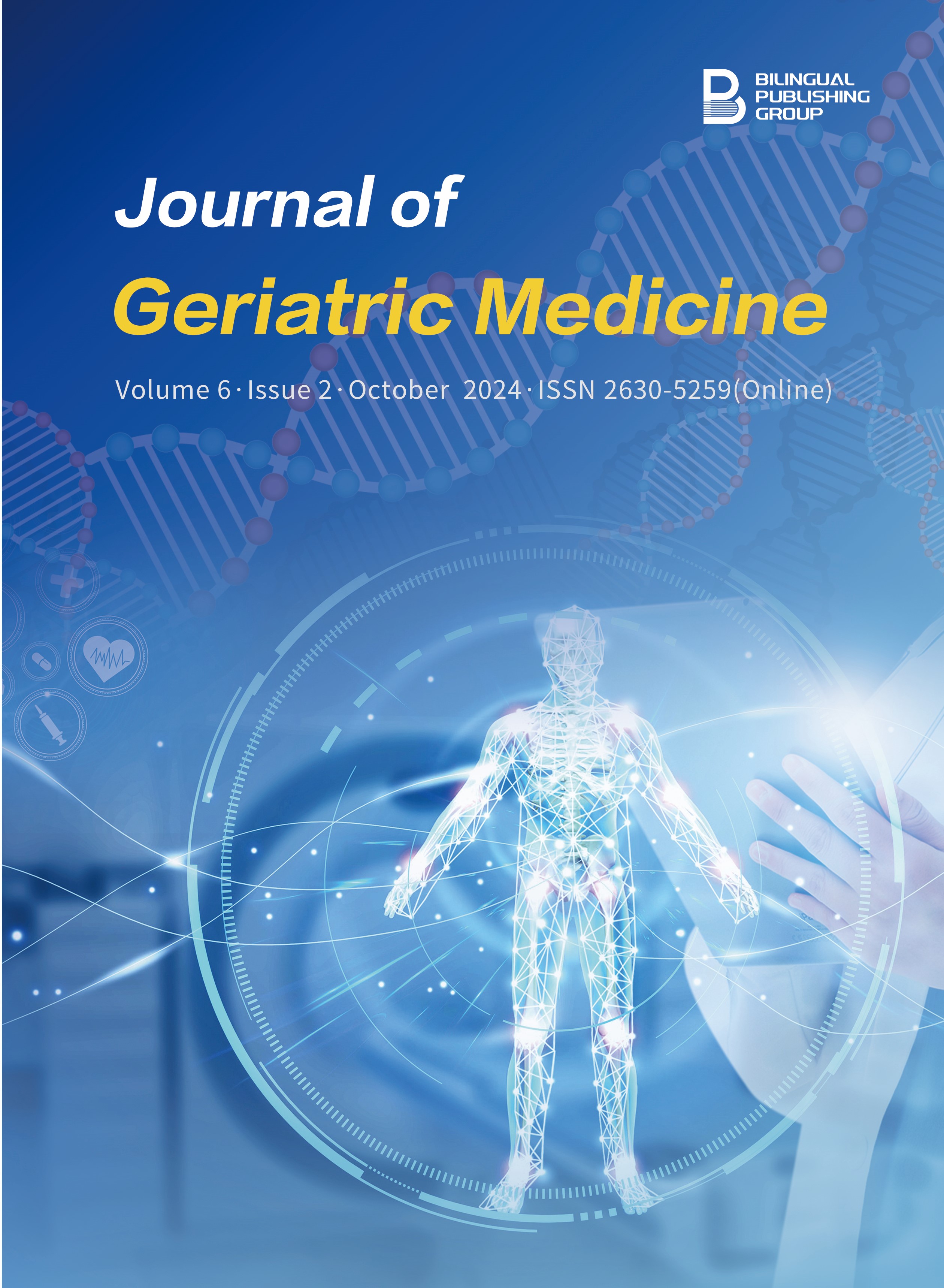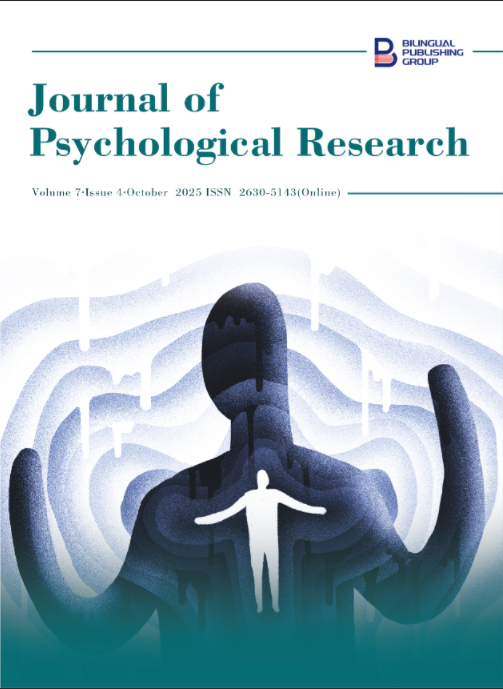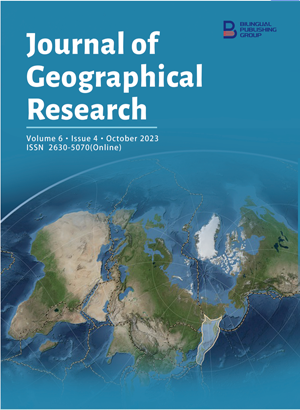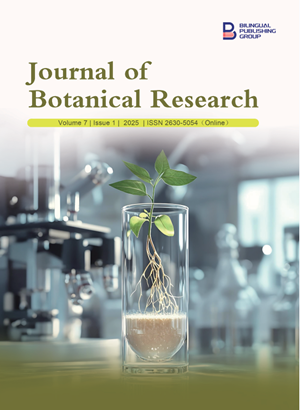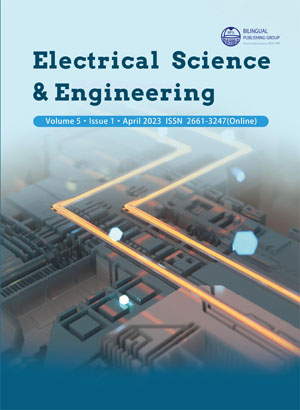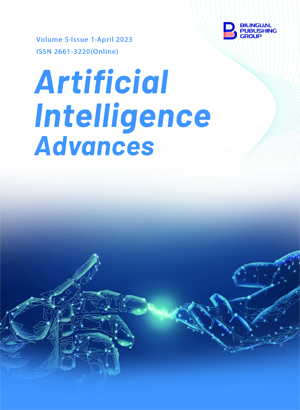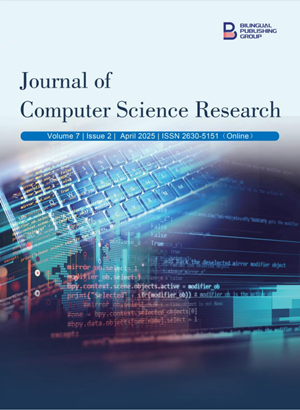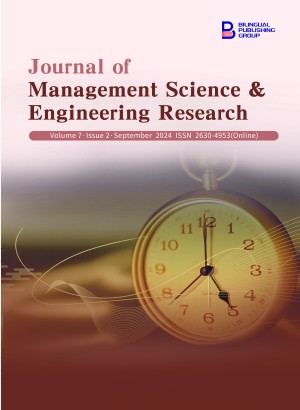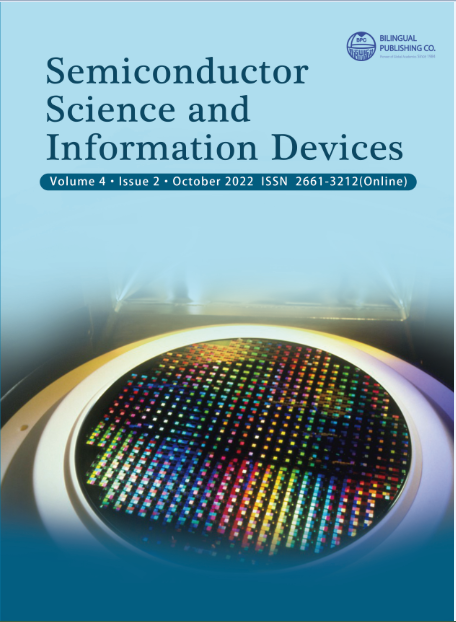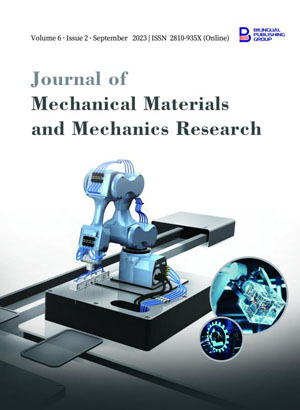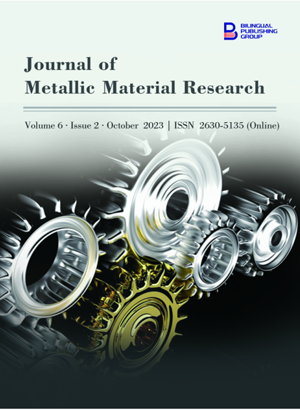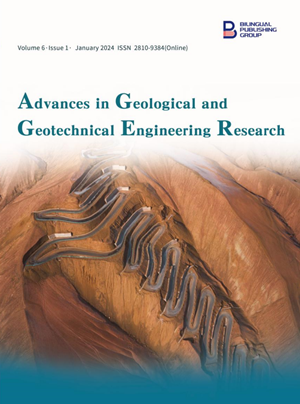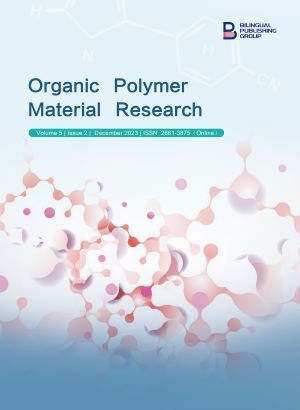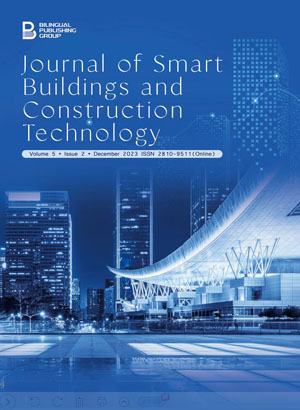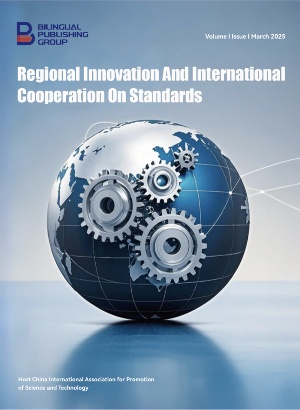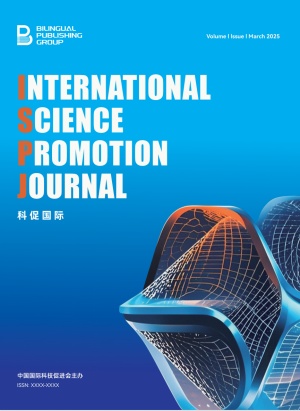Journals
-
Journal of Building Material Science
ISSN: 2630-5216(Online)
Email: editorial-ibmst@bilpublishing.com
CiteScore: 0.5
-
Forum for Linguistic Studies
ISSN: 2705-0602(Online)
2705-0610 (Print)Email: fls@bilpubgroup.com
-
Journal of Electronic & Information Systems
ISSN: 2661-3204(Online)
Email: jeis@bilpublishing.com
-
Journal of International Education and Practice
ISSN: 2630-516X(Online)
Email: editorial-ier@bilpublishing.com
-
Journal of Linguistics and Education Research
ISSN: 2630-5097(Online)
Email: editorial-ile@bilpublishing.com
-
Journal of Geriatric Medicine
ISSN: 2630-5259(Online)
Email: jgr-b@bilpublishing.com
-
Journal of Botanical Research
ISSN: 2630-5054(Online)
Email: jbr@bilpublishing.com
-
Electrical Science & Engineering
ISSN: 2661-3247(Online)
Email: ese@bilpublishing.com
-
Journal of Management Science & Engineering Research
ISSN: 2630-4953(Online)
Email: jmser@bilpublishing.com
-
Journal of Mechanical Materials and Mechanics Research
ISSN: 2810-935X(Online)
Email: jmer@bilpublishing.com
-
Non-Metallic Material Science
ISSN: 2661-3301(Online)
Email: nmms@bilpublishing.com
-
Journal of Metallic Material Research
ISSN: 2630-5135(Online)
Email: jmmr@bilpublishing.com
-
Journal of Smart Buildings and Construction Technology
ISSN: 2810-9511(Online)
Email: editorial-icr@bilpublishing.com
-
Regional Innovation and International Cooperation on Standards
ISSN: Applying
Email: riics@bilpubgroup.com
-
International Science Promotion Journal
ISSN: Applying
Email: ispj@bilpubgroup.com




 The Optimization of High-Temperature Dust Capture System in the Blast Furnace Tapping Field
The Optimization of High-Temperature Dust Capture System in the Blast Furnace Tapping Field







